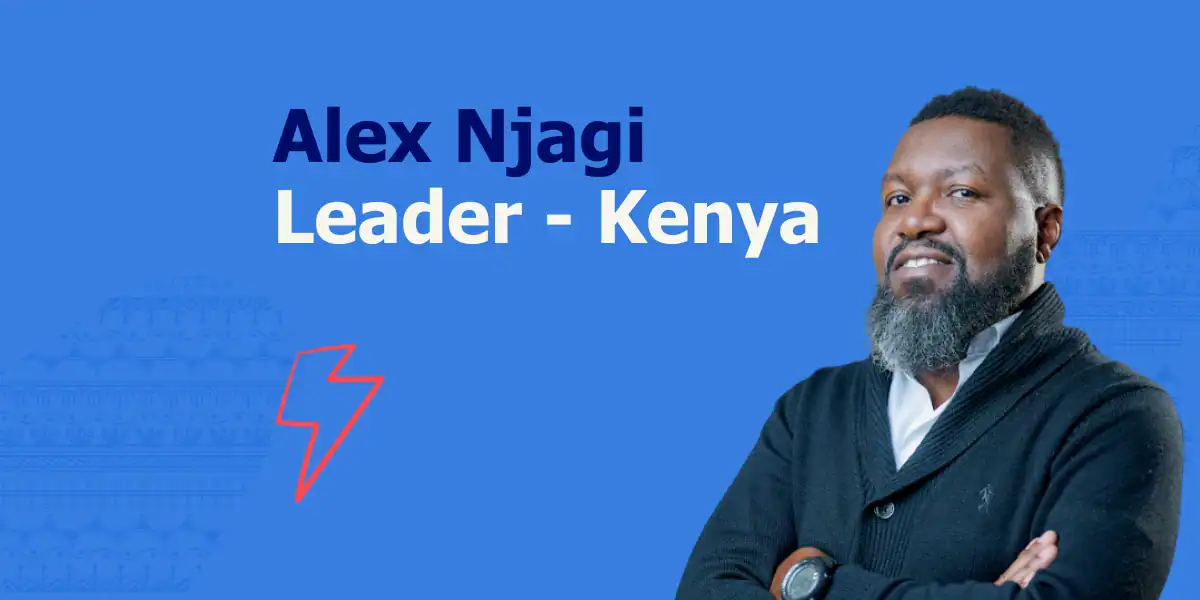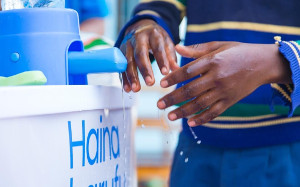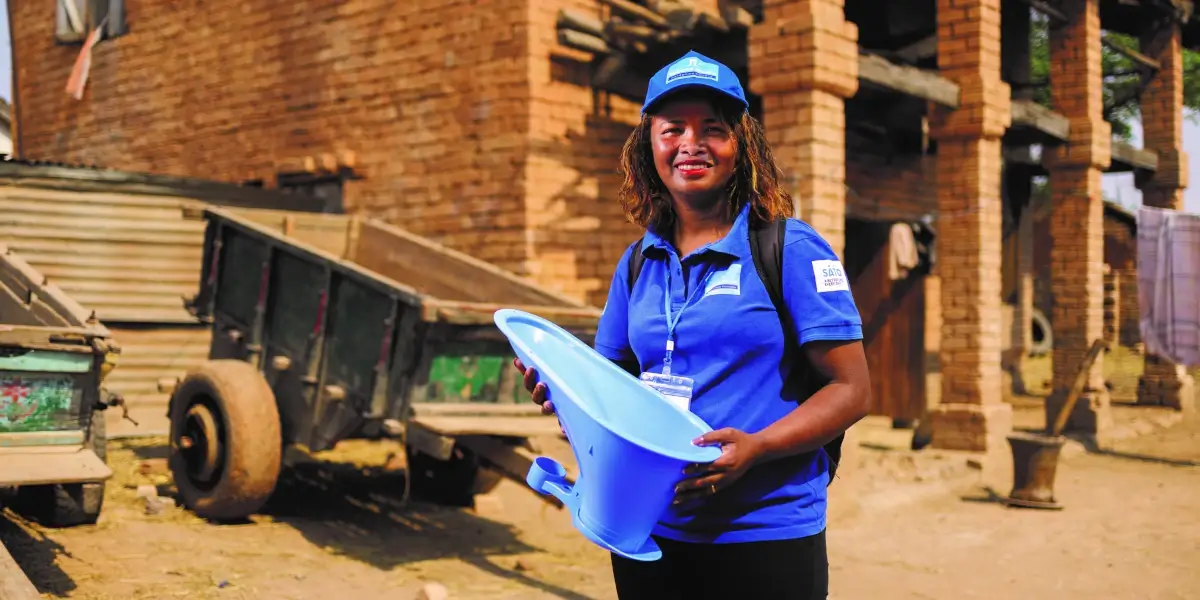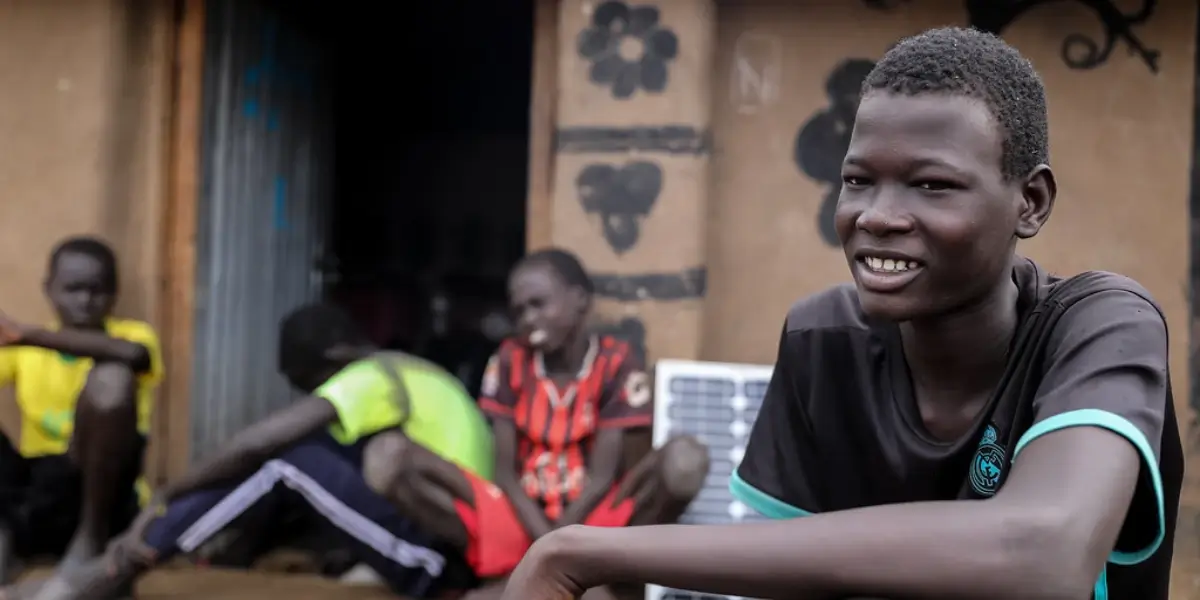
Accelerating availability of better hand hygiene

Erin McCusker, Leader, SATO, part of LIXIL
In 2021, I wrote of the pivotal opportunity to sustain improved access to handwashing emerging from the increased consumer awareness and government-led communication of the benefits of hand hygiene particularly to stop the spread of COVID-19.
To create long-term changes in behaviour and levels of access, we have since focused on accelerating availability of our award-winning hygiene solution, the SATO Tap.
Over 2021 and 2022, in response to Covid and as part of LIXIL’s US$1 million commitment to help accelerate the rollout of the SATO Tap, we are distributing the first 500,000 units produced of the SATO Tap through our partners such as UNICEF to rapidly reach consumers and communities.
In February 2021, we commercially launched the product in India at a suggested retail price of under $3, to make it available through retailers and distributors, and beat our initial sales projections. Its affordable, portable, and water-saving design – the SATO Tap uses just 100ml per wash, 90% less than traditional counterparts – makes it an easy-to-implement solution to address India’s handwashing challenge, where an estimated 444 million people have limited or no access to basic hygiene facilities.
Establishing a supply with local manufacturing and distribution partners is only one piece of the coordination required. Our teams on the ground showcase the benefits of improved hand hygiene to local communities to build demand. In Odisha and Bihar, we provided soapmaking training to more than 75 women of WASH HAAT, a group of masons and sanitation entrepreneurs who already work with SATO. This not only provided a new skill in terms of producing soap, but also introduced the women to the benefits of handwashing and the SATO Tap.
For Hand Hygiene Day in May, we reached out to street food vendors and nearby retailers in Nagpur in Maharashtra and Puri in Orissa to showcase the tap and talk about the importance of hand hygiene. Street food is a common part of Indian society, but a lack of access to basic hand hygiene facilities within food markets creates an increased risk in the spread of preventable diseases. Over two days, we spoke to more than 150 street food vendors and introduced the SATO Tap, which received very positive feedback.
Globally, the SATO Tap has impacted the lives of more than three million people – including 1.2 million people in India through partnerships and commercial sales. Now, driven by the success achieved to date, we are pleased to commercially launch the SATO Tap in Tanzania, our first African market for the product. Our established supply chains in these two markets – and across two continents – create a strong foundation for us to accelerate the availability of the SATO Tap.
But we cannot solve the hand hygiene challenge alone. In the past five years, more than 500 million people have gained access to basic hand hygiene services at a rate of 300,000 per day. Progress, but slow progress. At this rate, almost two billion people will still lack access to basic hand hygiene facilities in 2030.
The impact of lack of access to basic hygiene cascades into health and economic impacts. Ensuring everyone has somewhere to wash their hands with soap and water will generate $45 billion per year, while reducing the spread of infections like COVID-19 by up to 20%.
Although the scale of the hygiene and sanitation challenge is daunting, the opportunity to create a better life, every day, for communities is tangible. We require the mobilisation of all stakeholders, from governments to NGOs and the private sector, to unite for universal hand hygiene.
Improving cross-sector collaboration is one of the reasons why LIXIL joins the Global Handwashing Partnership (GHP) – a coalition of international stakeholders who work to advocate for and promote handwashing with soap. We join GHP’s network of handwashing champions, collaborating across sectors to share knowledge and ideas to accelerate access to improved hygiene.
We have already seen great success in adopting coordinated cross-sector efforts to create solutions. The SATO Tap was created by our team leveraging valuable insights and feedback from UNICEF’s network in more than 100 countries. Feedback from users and stakeholders, including from industry partners and the most remote communities, enabled us to create a solution that addressed specific consumer challenges, as well as tackling gaps left by other handwashing solutions. What communities wanted was water efficiency, simplicity, and affordability – all key elements of our award-winning design.
Developing a great solution is only the first step in addressing the challenge. The next step, and arguably where we require most cross-sector collaboration, is in creating long-lasting hygiene markets. Across our entire SATO business, we are building supply chains with local manufacturers, growing sales networks with retailers and distributors, and demonstrating the benefits of better hand hygiene to drive demand.
The private sector, particularly businesses which have supply chains established in regions with low access to hand hygiene, have a responsibility and a business opportunity to drive this forward. To ensure that we don’t face a crisis where two billion men, women and children continue to live without access to handwashing solutions at the turn of the decade, everyone must unite to accelerate hand hygiene access and create better lives, every day.
WANT TO STAY UP TO DATE?
Subscribe to our newsletter to stay on top of the latest news, views, and stories from on the ground.
The easiest way to do this is to sign-up for our LinkedIn newsletter here. We'll then send you a bi-monthly letter from our Leader, Erin McCusker.

Similar articles
While global in scope our stories are local at heart.



 Copyright © LIXIL 2025
Copyright © LIXIL 2025